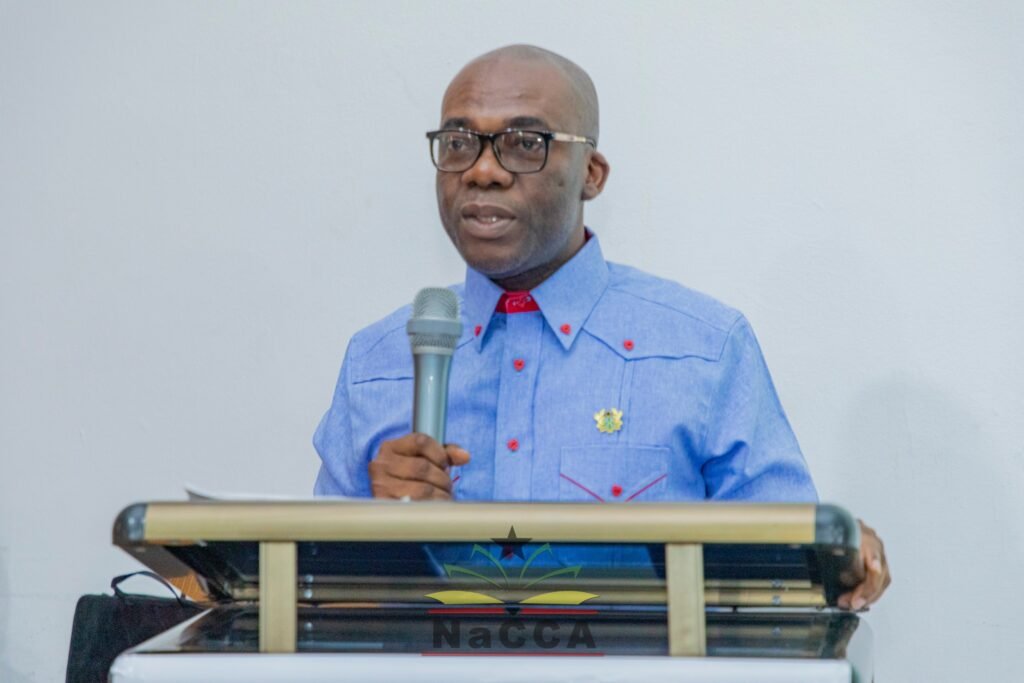The Ministry of Education, through its agencies, the National Council for Curriculum and Assessment (NaCCA) and Ghana Education Service (GES), has announced its readiness to roll out the new secondary education curriculum when school reopens for the 2024-2025 academic year.
The new curriculum covers Senior High School (SHS), Senior High Technical School (SHTS) and Science, Technology, Engineering and Mathematics (STEM) nationwide.

Prof. Yayra Dzakadzie
Over the past two years, NaCCA, the agency responsible for developing curricula in the country has been meticulously planning and working with GES for the development and rollout of the new curriculum.
The preparation has involved extensive stakeholder engagements to gather insights on what the curriculum should emphasise and achieve and a collaborative process which saw the involvement of over 300 experts from across the country, all contributing to the development of a robust curriculum designed to shape the future of education in Ghana.
Speaking about the new curriculum, in Accra yesterday, the Director-General of the National Council for Curriculum and Assessment (NaCCA), Prof. Yayra Dzakadzie, said “The new curriculum is very transformative and designed to shape the next generation of Ghanaian leaders.”
He said “The new curriculum is not just an update but a groundbreaking shift towards equipping learners with the essential skills needed to succeed in the fast-paced modern world. At the heart of the curriculum lies a commitment to nurturing critical thinking, fostering creativity, and honing problem-solving abilities.”
He further explained that this was the first time that Ghana had developed a Senior High School Curriculum that focuses on Shared Ghanaian values, attempting to educate a generation of Ghanaian youth who would love and be proud of our country as well as contribute effectively and efficiently towards its development.
The curriculum implementation, he said would commence at the beginning of the 2024/2025 academic year, and was expected to redefine the future of Ghana’s education.
A critical component of the planning phase has been the focus on teacher preparation. Weekly Professional Learning Community (PLC) sessions are continuously organised to equip teachers with the necessary skills to implement the curriculum effectively.
“Additionally, teacher manuals that align with the new curriculum across all subjects have been developed through a partnership of the Ministry of Education and various subject associations. This is to ensure that educators have the right tools to guide their students,” he said.
Mr Dzakadzie said the new curriculum had been designed with three primary outcomes.
“First, it aims to equip learners with essential 21st-century skills, ensuring that they are well-prepared for the demands of modern life. Second, it lays the groundwork for learners to pursue further education by providing them with a strong academic foundation,” he said.
He said “Lastly, the curriculum is focused on preparing learners for the world of work, instilling in them the competencies and character qualities needed to thrive in their future careers and contribute positively to society. Ultimately, the curriculum will prepare learners to live responsible adult lives, further their education and enter the world of work.”
BY TIMES REPORTER




















Discussion about this post